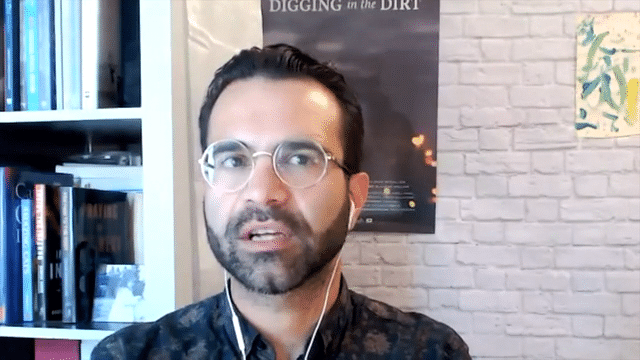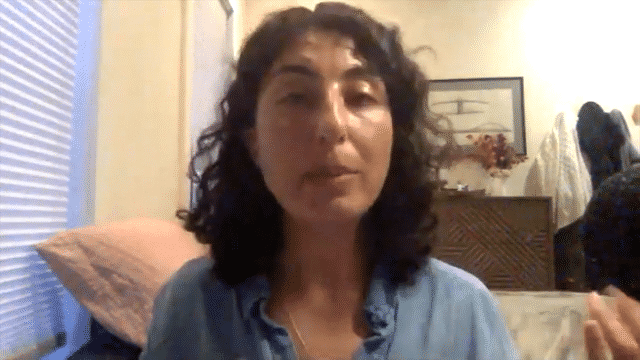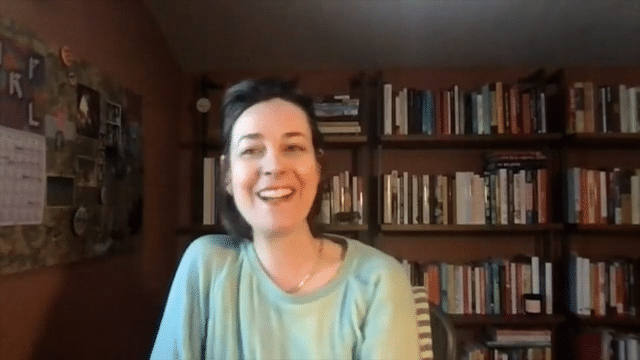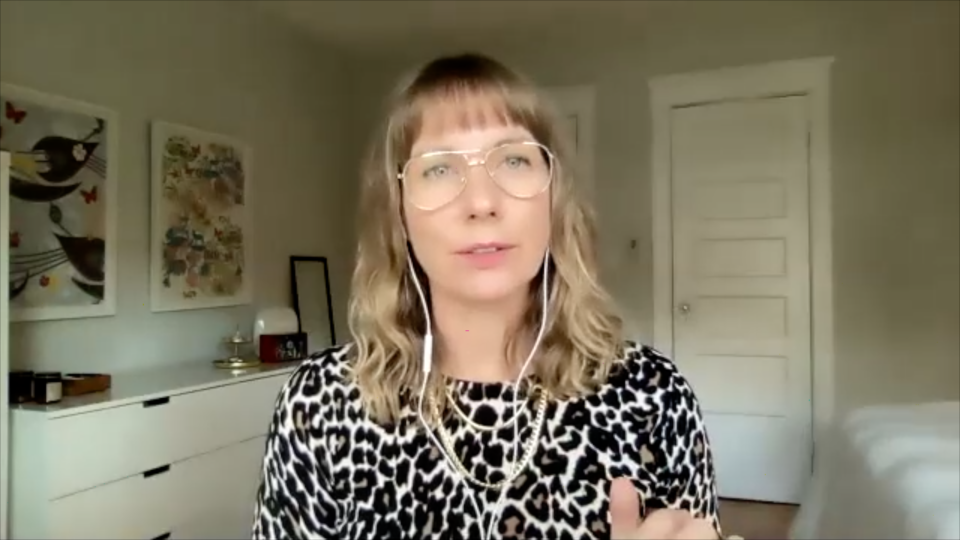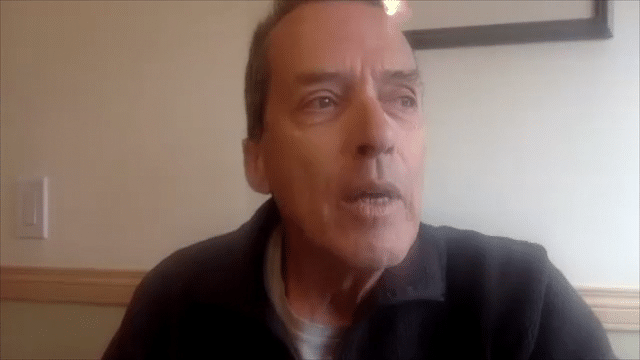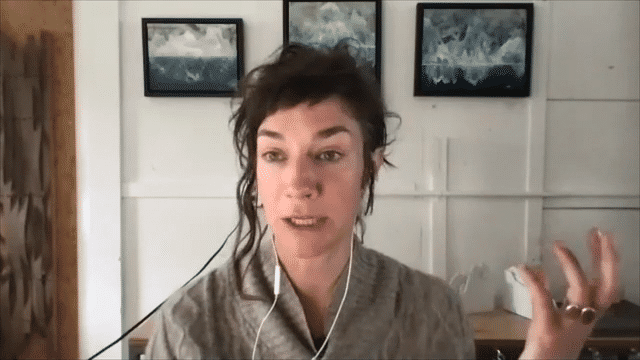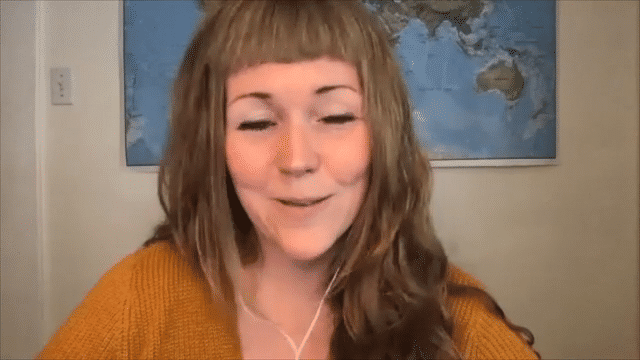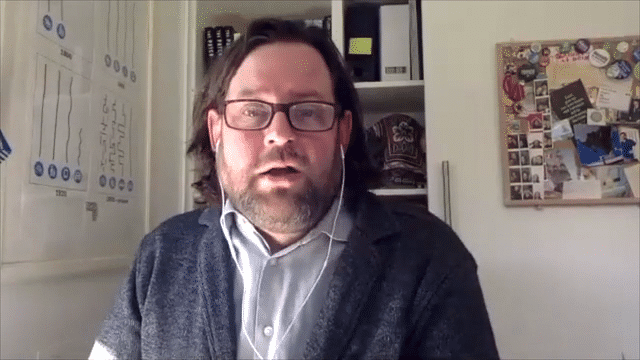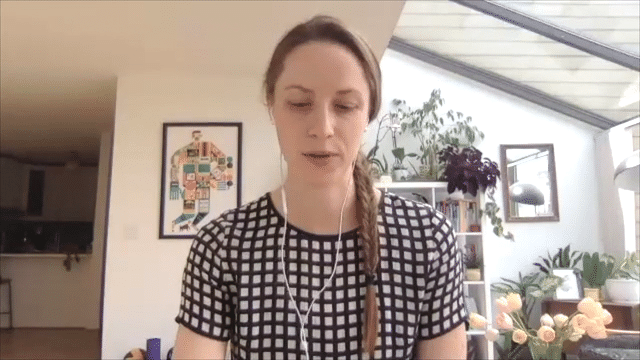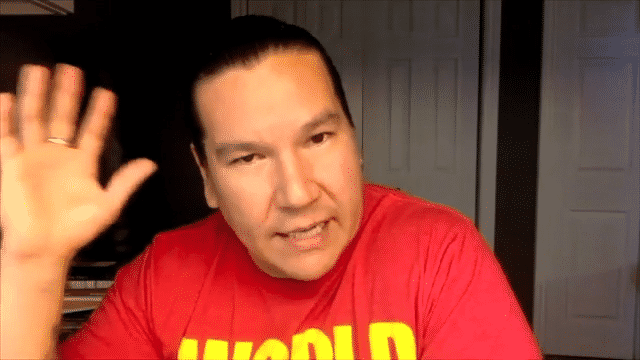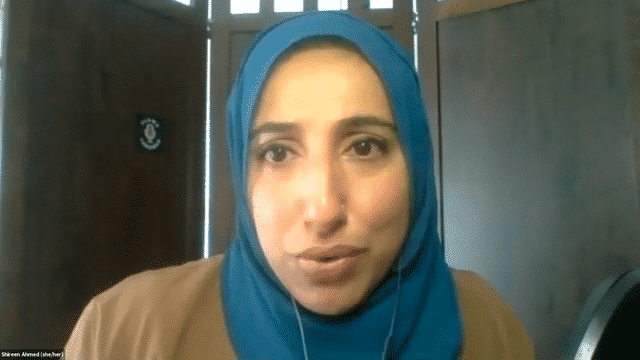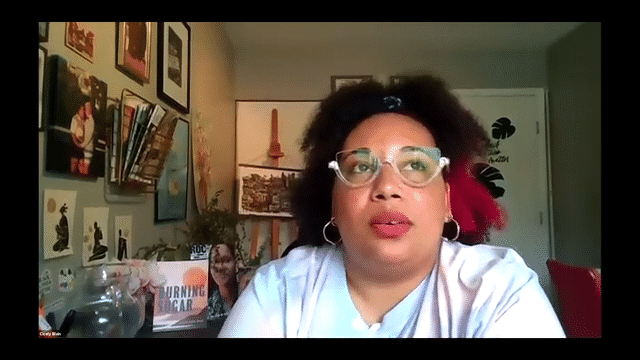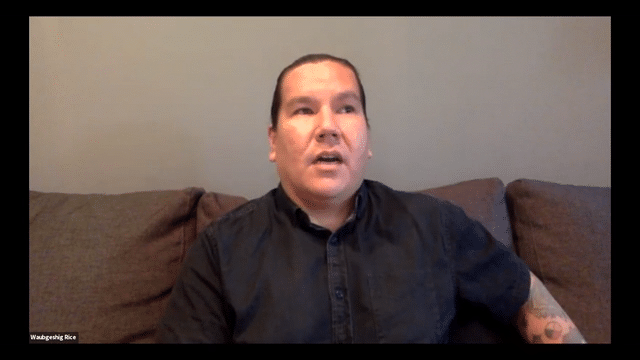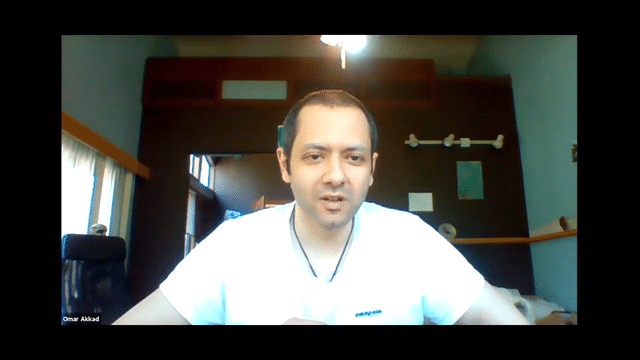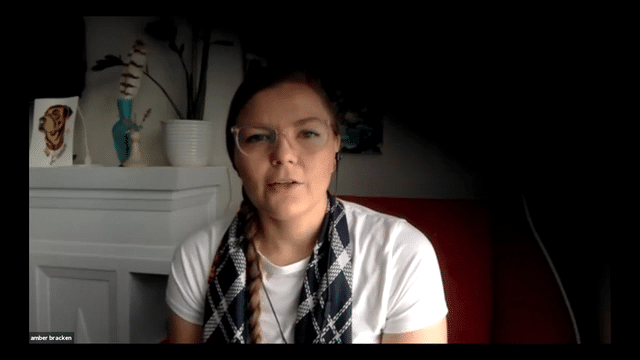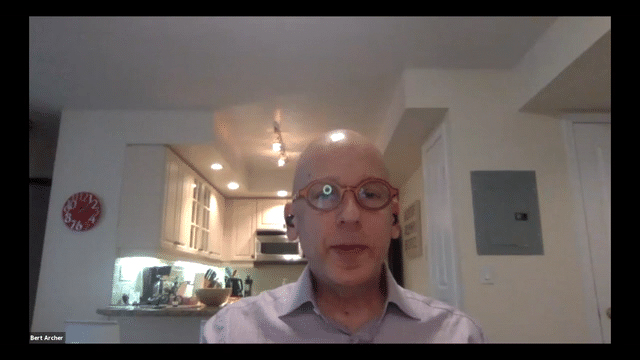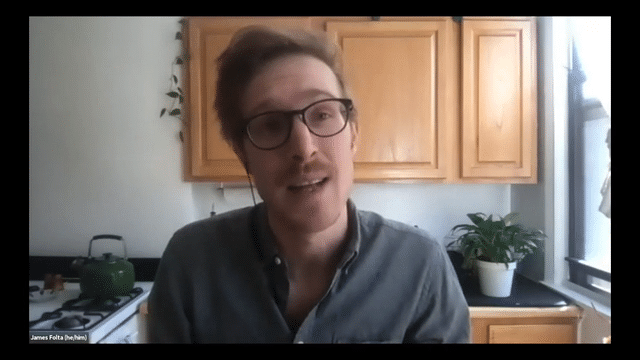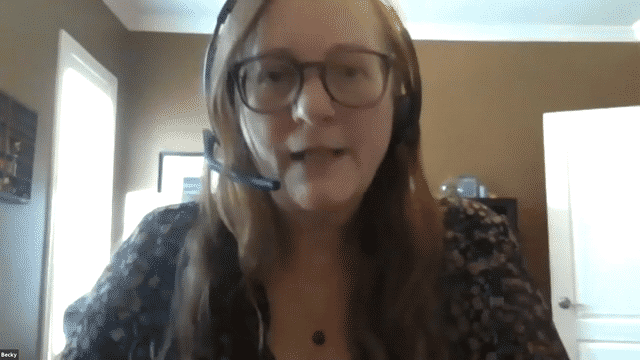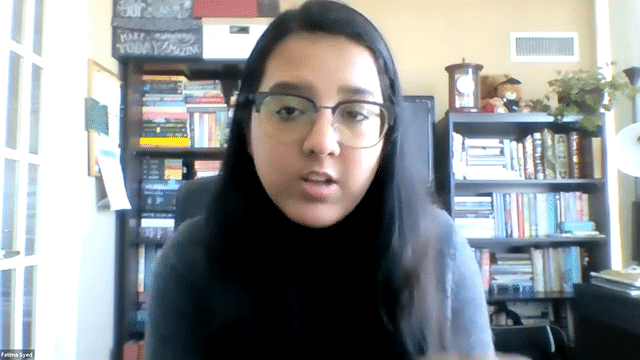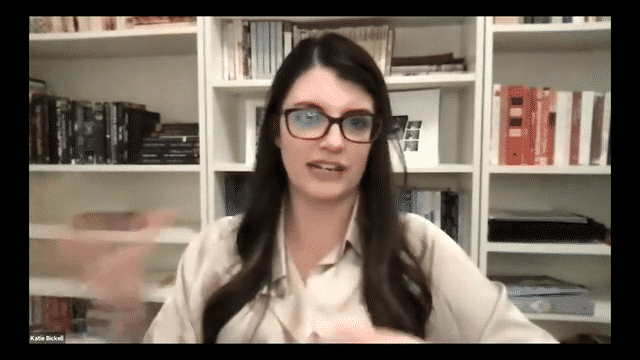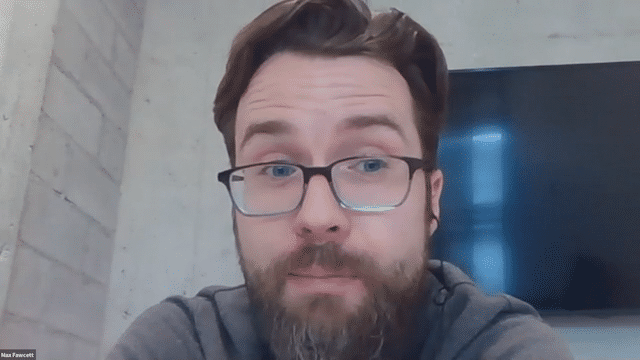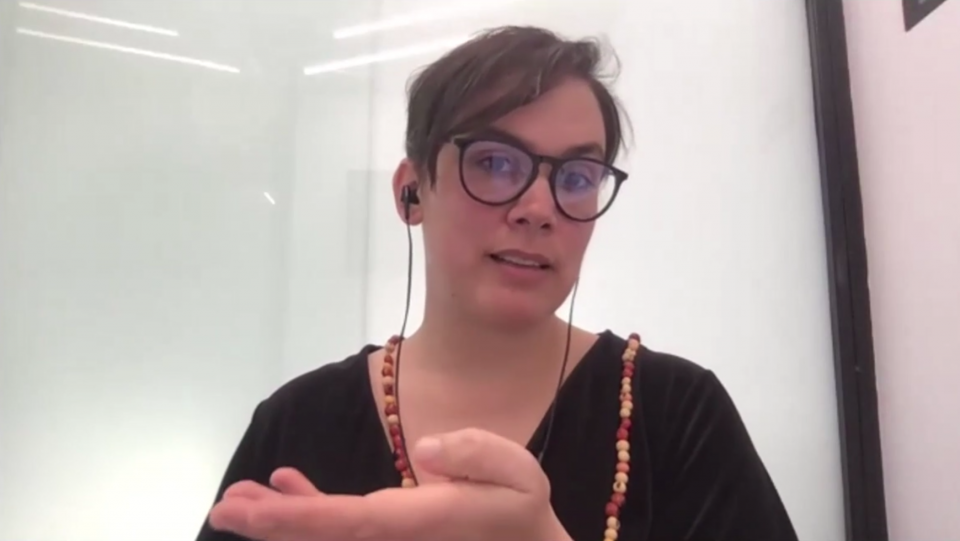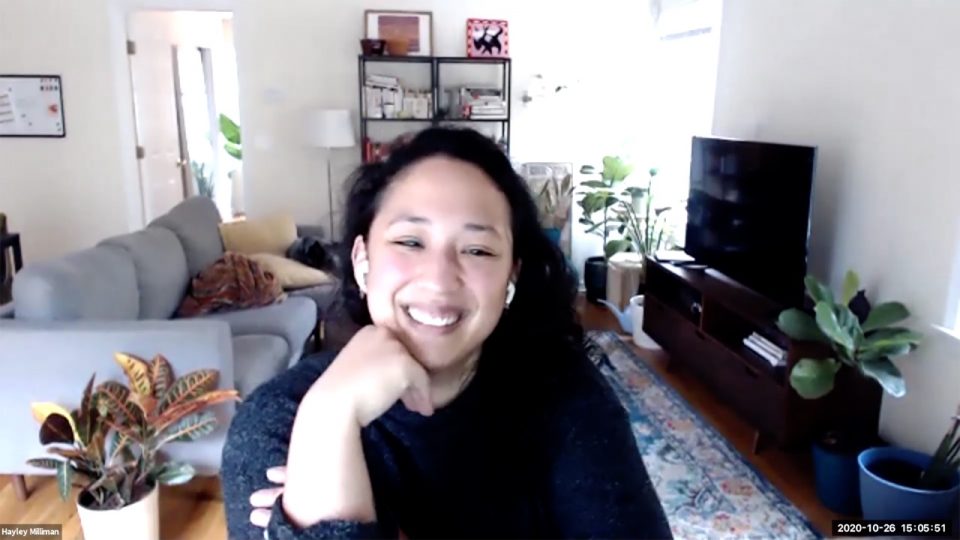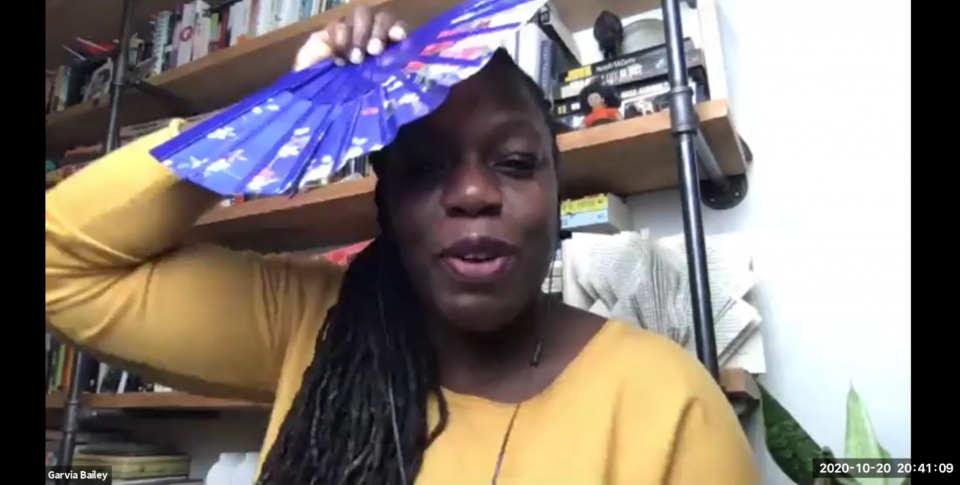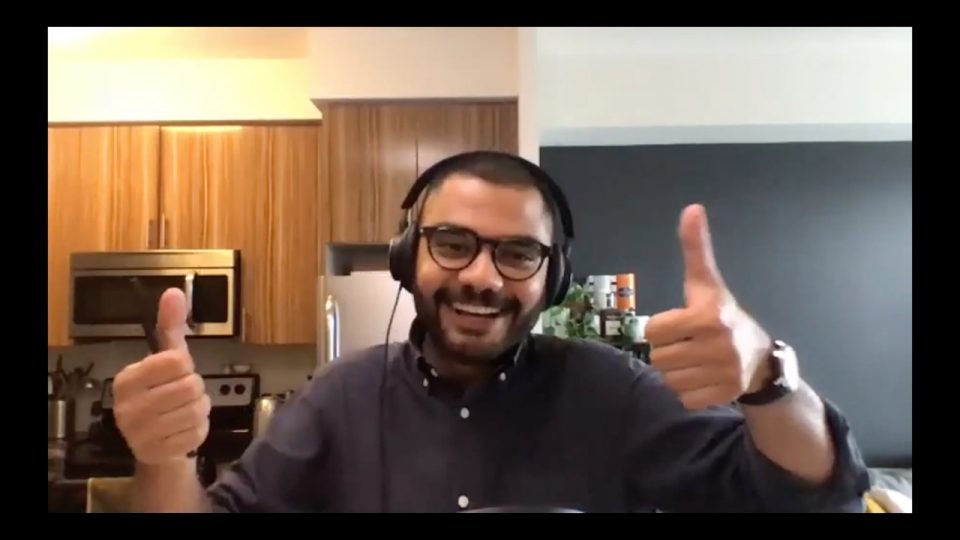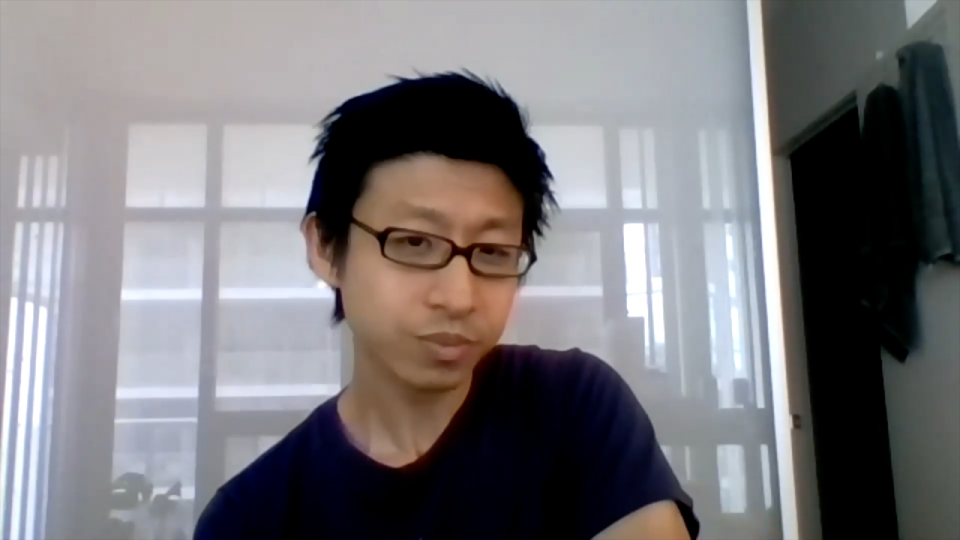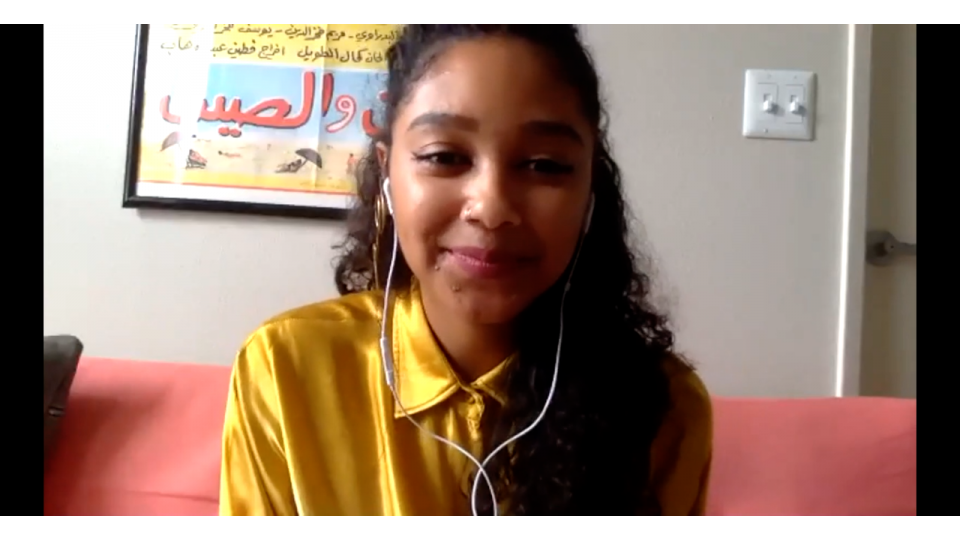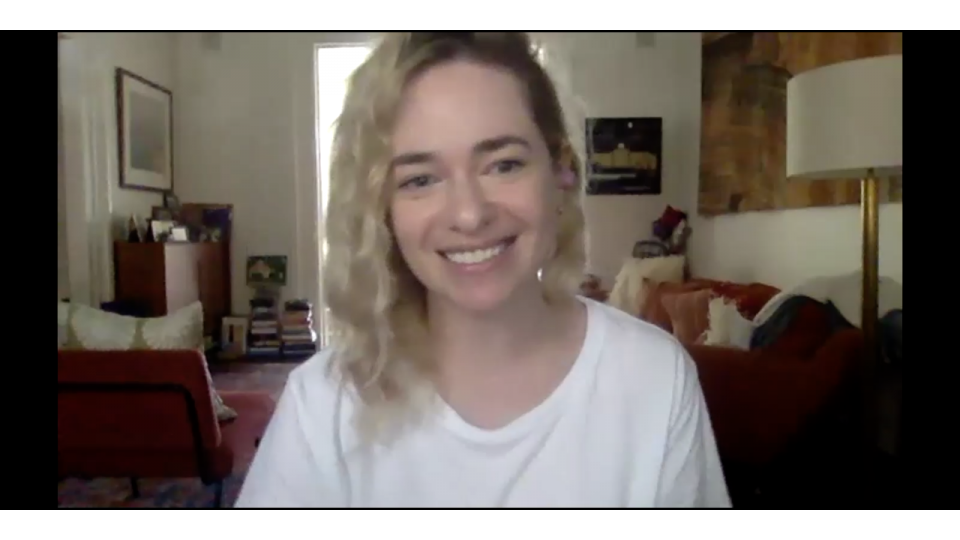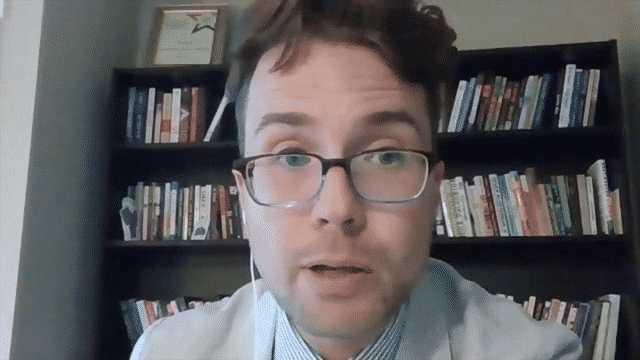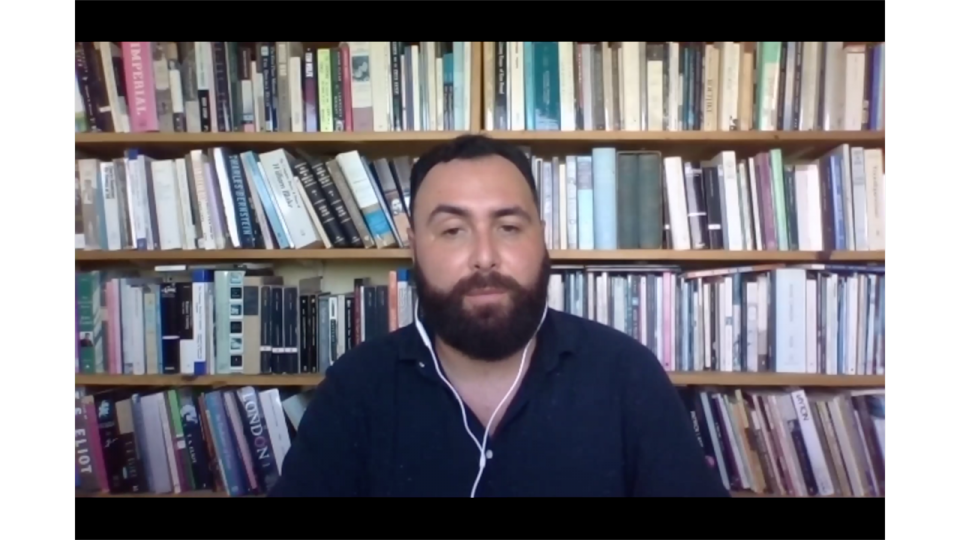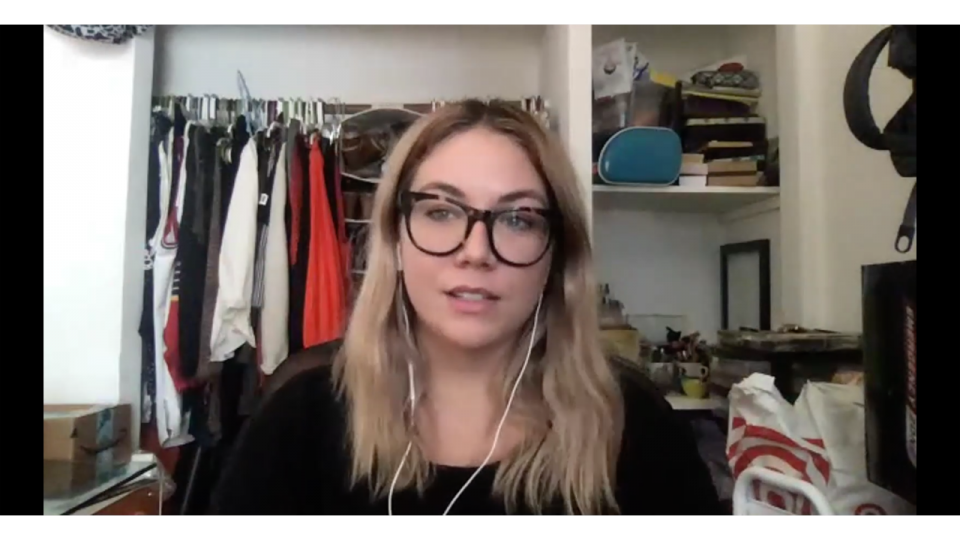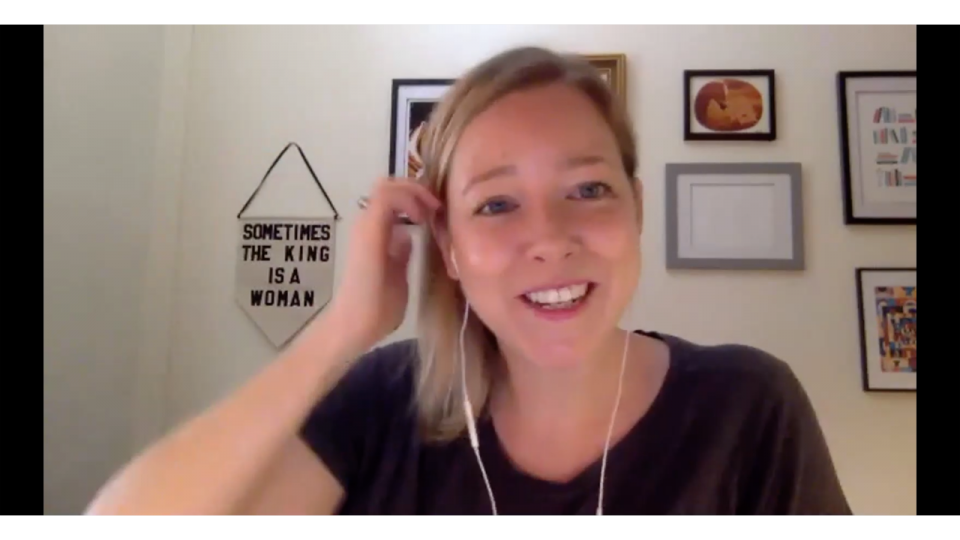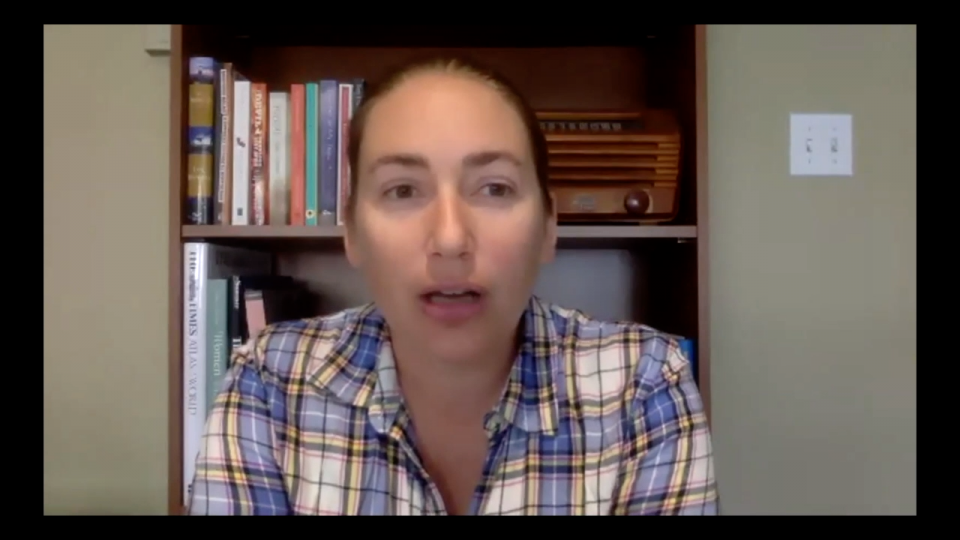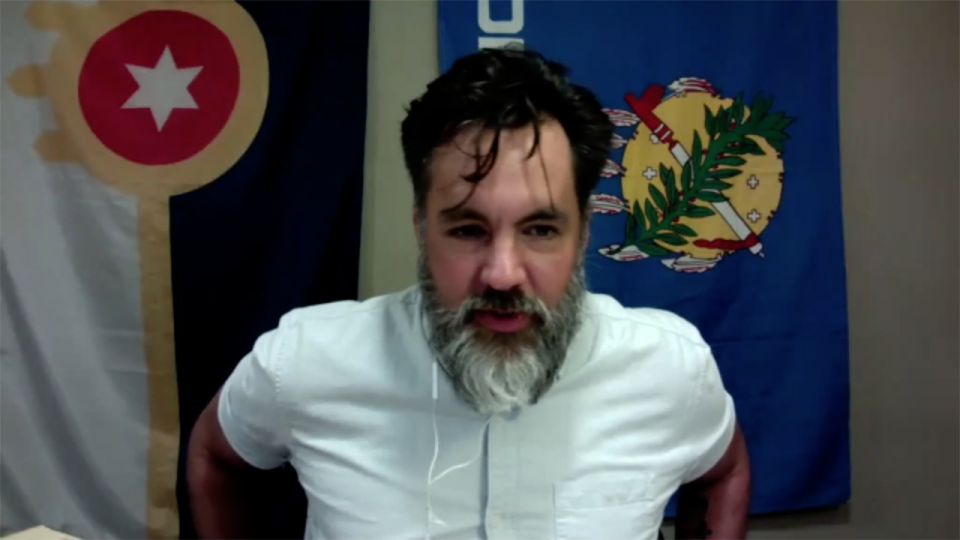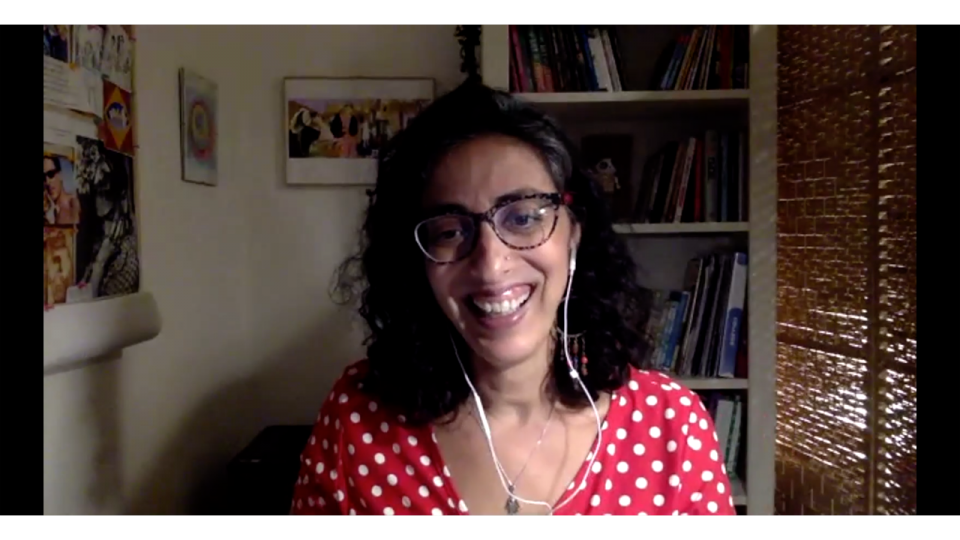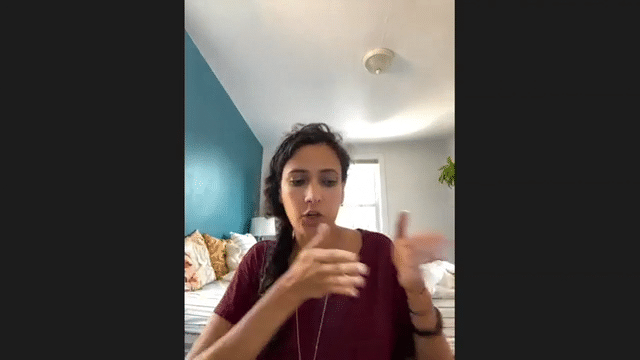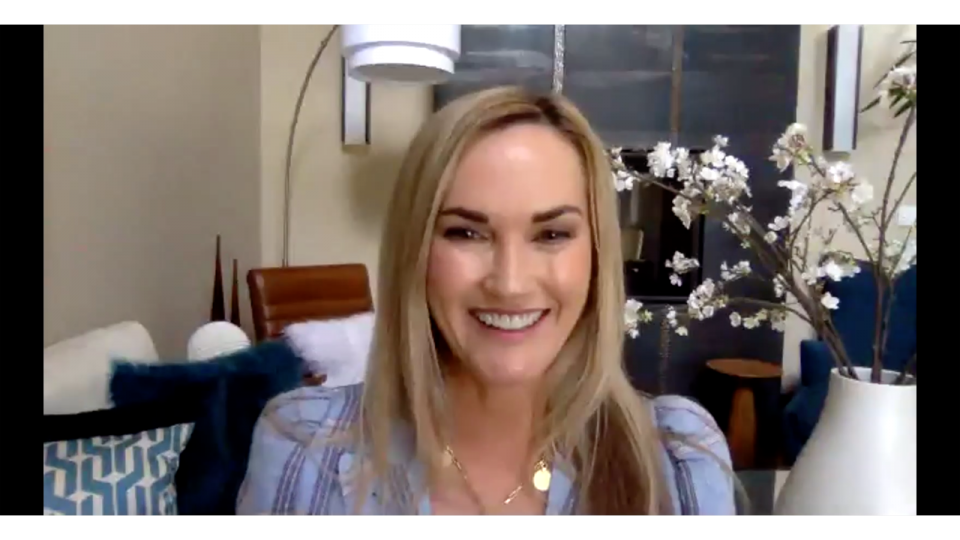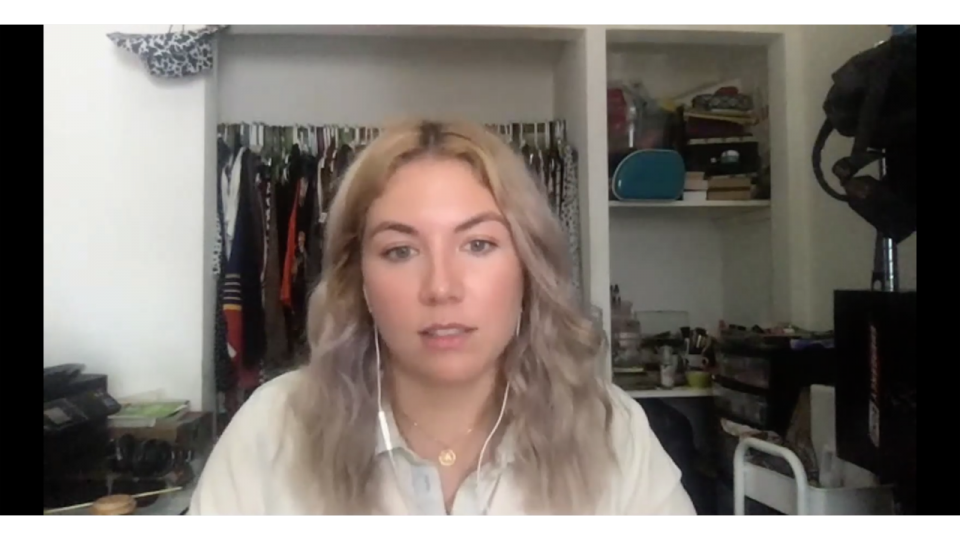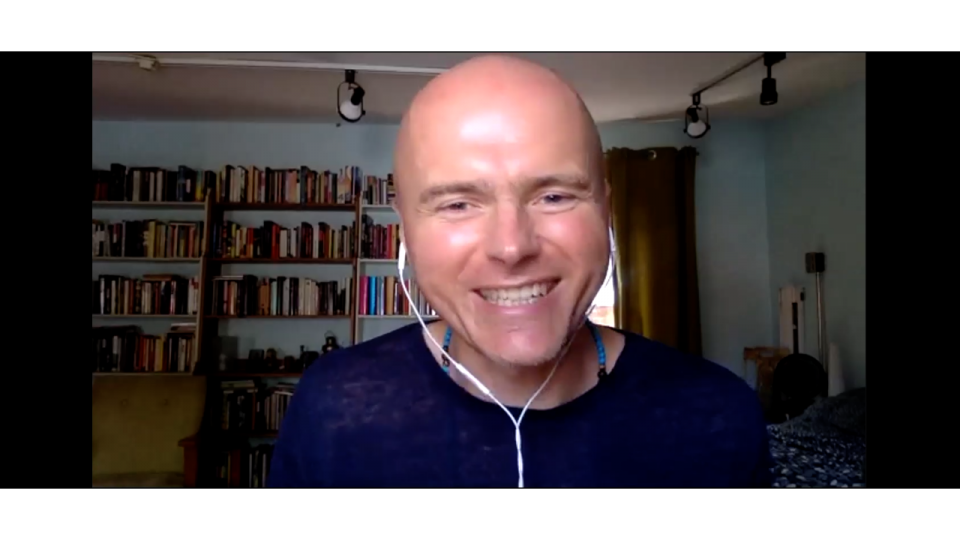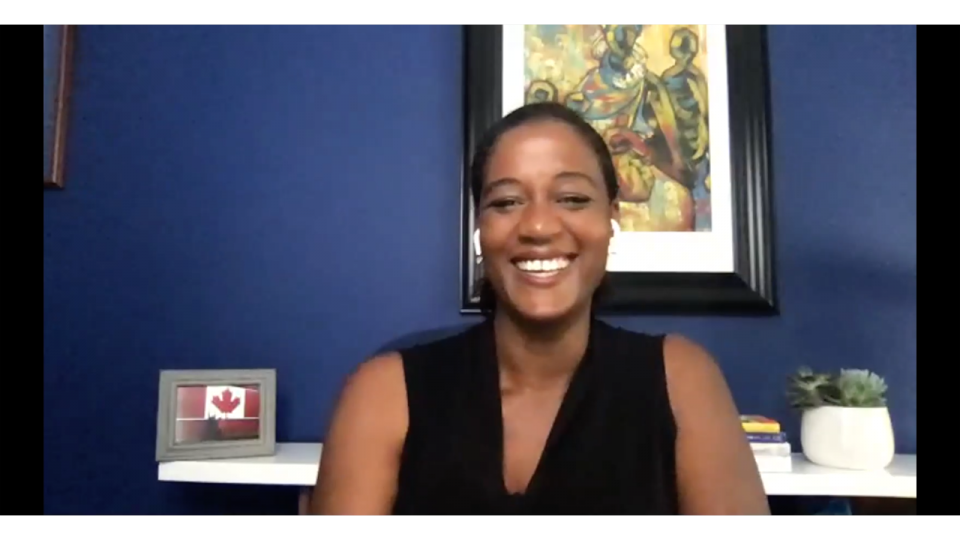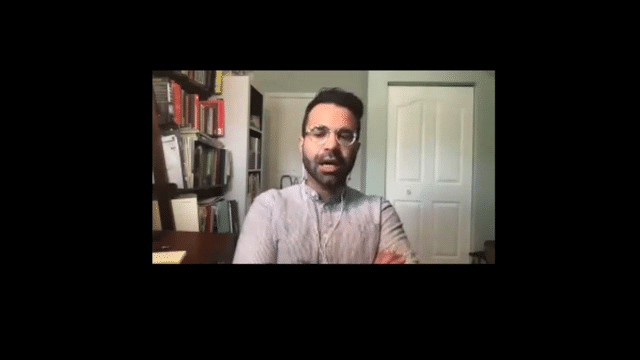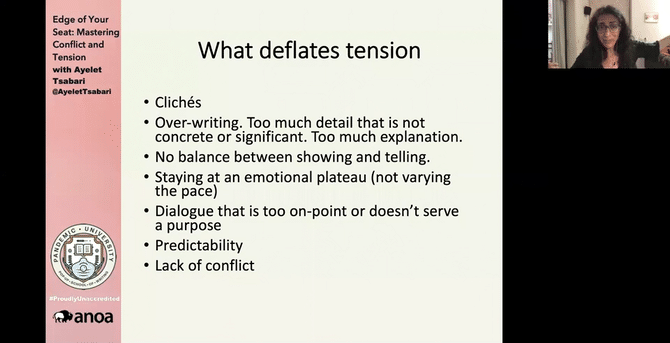Replays
Videos, notes, and tip-sheets from classes good enough to sit through again
Replay Videos and Class Notes are password-protected for alumni only. They’re posted within two days of each class and accessible with a password emailed to registered students. If you did not receive a password for your registered class, check your email’s spam or newsletters folder, or email us for help. If you did not register for a class but would like to view it, you can purchase Replays from our Campus Shop.
Shop the Replay StoreReplay: Deconstructing the Pitch: How to Sell Any Story, Anywhere
A career freelancer breaks down a variety of successful pitches, from features and op-eds to how-tos ...
Replay: After These Revolutions
Authors Neda Toloui-Semnani and Sean Cole talk about storytelling, grief, love, and resilience
Replay: Fight for Your Rights to Freelance Write!
Learn how freelance labour groups can help you navigate contract negotiations, conflicts, and advocate for yourself.
REPLAY: Best Practices & Ethics for Freelance Writers
A panel of magazine pros tackle delicate topics for independent journalists and take their questions (Oct ...
Putting Your Skills to Work with Kevin Van Tighem
The prolific author and conservationist teaches memorable prose that improves our ecological literacy (May 25/21)
Making Science and Nature Stories Your Business with Sarah Gilman
The MIT Knight Science Journalism Fellow shows you how to shepherd your ideas into published and ...
The Art of Evidence: Reaching General Audiences with Sharon Riley
The Narwhal’s investigative reporter teaches the delicate art of simplifying hard science and finding the narrative ...
Using Your Platform and Influence for Good with Chris Turner
Author and speaker Chris Turner teaches how to find your own environmental beat and find an ...
Writing on Nature with Authority, Authenticity and Personality with Annalise & Cailynn Klingbeil
The writers and publishers of Go Outside! help you find the news hook in your passions ...
Planning the Novel with Waubgeshig Rice
Waubgeshig Rice shares his process for imagining plot, characters, and the worlds they’ll inhabit (Apr. 30/21)
Inclusive Sports Writing with Shireen Ahmed
Writer and podcaster Shireen Ahmed tackles equity and inclusion in sports media (Apr. 27/21)
Stories of Injustice: How to Write About Oppression with Cicely Belle Blain
Cicely Belle Blain demonstrates how to take stock of your marginalization and how it might affect ...
Secrets of the Page Turning Novel with Wabgeshig Rice
Waubgeshig Rice discusses strategies and methods to build tension and set up suspense in fiction (Apr. ...
Style and Form in Resistance and Political Fiction with Omar El Akkad
Omar El Akkad explores thethe hallmarks of fiction focused on resistance and rebellion (Apr. 13/21)
Photography for Writers with Amber Bracken
World Press Photo award winner Amber Bracken teaches writers the ABC’s of photography (Apr. 12/21)
The Ethics of Citizen Journalism with Bert Archer
Travel writer Bert Archer shares best practices with social media journalists and influencers (Apr. 7/21)
Short Humour for Beginners with James Folta
Humourist James Folta breaks down the concepts of comedic writing to get your first draft started ...
Remember Me? Writing Unforgettable Characters with Becky Blake
Novelist Becky Blake teaches you how to develop characters into one-of-a-kind people (Mar 30/21)
Getting the Most Out of Social Media with Fatima Syed
Writer Fatima Syed on how to make friends and influence people—for good (Mar 29/21)
Packing a Punch: Big Stories in Small Spaces with Katie Bickell
Award-winning author Katie Bickell teaches the art of flash fiction (Mar 23/21)
Business Writing Basics with Max Fawcett
Max Fawcett helps you get over your math allergy (Mar.22/21)
Free Replay: How to Shift Resistance and Writer’s Block Using Your Body
Make your body your most trusted creative ally with memoir teacher Janelle Hardy (recorded Dec. 1 ...
Free Replay: The 5 Principles of Writing Clear Prose
Hayley Milliman breaks down the craft of writing clear and concise sentences (recorded Oct. 20 )
How to Get Heard in the Zoom Era: A Panel on Panels
Four broadcasters teach us the art of conversation in the pandemic, and beyond (From Oct. 20/20)
Free Replay: Managing Your Finances as a Freelancer with Mohammed Asaduallah
Sep. 29: Benji CEO Mohammed Asaduallah helps freelance writers run their business better
Intrusion and Investigation: Getting Around Difficult Subjects with Ethan Lou
Aug. 27: The investigative journalist exposes ways of spinning a good yarn with limited information
The Poem’s Door: Finding the Portal to Inspiration with Safia Elhillo
Aug. 24: The poet teaches us to host inspiration and self-generate the conditions that create it
How to Ask Questions With Answers You Don’t Want to Hear with Haley Mlotek
Aug. 20: A writer, editor, and labor organizer helps you get the most out of every ...
The Art of Airtight Opinions with Max Fawcett
Aug. 17: A professional opiner shows what it takes to get your voice heard
Reading Like a Writer & Overcoming the Anxiety of Influence with Michael Lista
Aug. 13: The literary critic helps you strengthen your voice by studying the work of others'
Writing Fun (but Ethical) Advice Columns with Sophia Benoit
Aug. 10: The GQ columnist helps you bring fun, authority, and good intentions to taboo subjects
Writing Topical Satire … Fast! with Caitlin Kunkel
Aug. 6: The satirist teaches you how to synthesize facts and research—then make it funny
Immersion Reporting: Putting Yourself Way in the Story with Eva Holland
Aug. 3: An adventure-seeking reporter teaches when, and how, to put yourself in the story
History Worth Repeating with Russell Cobb
Jul. 30: The print and podcast journalist on taking historical narratives to mainstream audiences.
10 Tips For Writing Great Memoir with Ayelet Tsabari
Jul 26/20: Practical tips to find your memoir theme, confront your fears, and refine your prose.
Demystifying the Publication Process with Hala Alyan
Jul 22/20: Learn to create an effective system for submitting—and publishing—your literary work.
A Guide to Service Journalism with Jennifer Hamilton
Jul 16/20: A veteran magazine editor helps you tame the elements of "how-to" articles.
Making a Living Freelance Writing with Sophia Benoit
Jul 14/20: A prolific writer shares tips on how to turn freelancing into a real business.
Dialogues Across Disciplines with José Teodoro
Jul. 10/2020: Multi-disciplinary writer José Teodoro on finding, and "smuggling," inspiration in varied storytelling forms
Tips for Multi-platform Success with Heather Greenwood Davis
Jul. 7/2020: National Geographic Explorer Heather Greenwood Davis helps you become a more nimble freelance storyteller.
Pitch Perfect: Selling Your Articles with Omar Mouallem
May 19/20: A prolific freelancer teaches the art and science of irresistible pitches
Replay: Mastering Conflict and Tension with Ayelet Tsabari
Ayelet Tsabari lifts the veil on how story tension works—and how it can work even better ...

